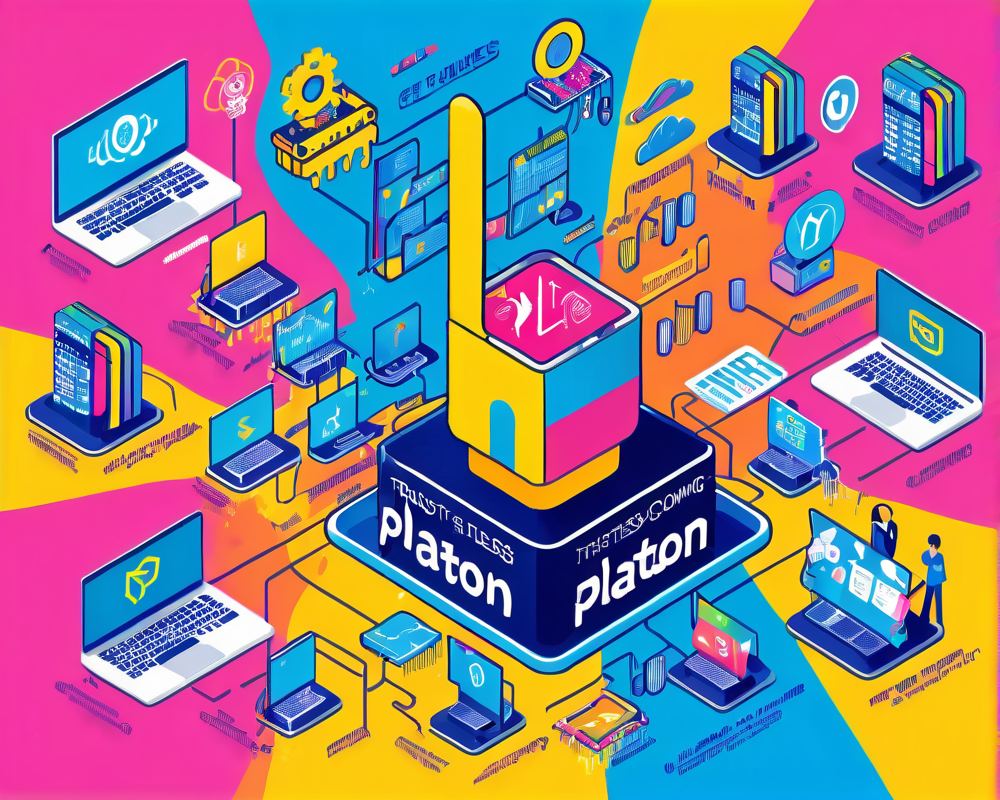The Dance of Digital Currencies
In the ever-evolving dance of digital currencies, Libra has taken center stage, much to the chagrin of regulators and competitors alike. While many expected this cryptocurrency initiative to swan dive into the mainstream, it has instead cannonballed into a pool of scrutiny, prompting reactions from various corners of the financial landscape.
Binance’s Venus: A New Star in the Crypto Galaxy
First up on the stage is Binance, launching its own project named “Venus.” As if pulled from an astrological chart, this initiative aims to develop localized stablecoins worldwide. Forget astrology; it might just be an inspired response to Libra’s popularity. Binance’s CEO, Changpeng Zhao, has kept things diplomatic — after all, who doesn’t love a little healthy competition?
What is Venus?
Venus focuses on using Binance’s blockchain to facilitate these stablecoins, ensuring they are not just a pretty face but also built on compliance. The project hopes to stabilize cryptocurrencies in a world that is often paranoid about their volatility. But will it have the gravitational pull needed to rival Libra? Only time will tell.
China’s Digital Currency: The Government’s Swift Countermove
Not to be outdone, China has swiftly advanced its plans for a state-controlled digital currency, a response to Libra’s perceived threat. According to sources, the People’s Bank of China is vaporizing the competition with its central bank digital currency (CBDC). Yang Dong from Renmin University even indicated that Libra might have been the ‘kick in the trousers’ that China needed to accelerate this digital frontier.
The Public’s Trust Factor
Interestingly, public trust in Chinese financial products arguably exceeds that in Facebook. As Patrick Dai, co-founder of Qtum, succinctly puts it, “Overwhelming distrust of Facebook” could lend the CBDC more traction in the local market.
Walmart’s Entry: From Aisles to Assets
Next, we have retail giant Walmart, who recently filed a patent for its own version of a dollar-backed digital currency. Designed to cater to low-income households, this digital currency proposes an avenue for financial inclusivity — and, let’s be honest, it might help remove the pesky necessity for credit and debit cards.
Is Walmart Going Crypto?
It’s a smart move from Walmart, claiming it can become a one-stop-shop for daily financial needs. Imagine getting groceries, a new pair of shoes, and your daily crypto need all in one stop.
The Rise of the “Libra Killers”
Now, in a plot twist worthy of any blockbuster, Erik Finman, the youngest Bitcoin millionaire, has entered the arena with a P2P app called Metal, branding it brazenly as a “Libra killer.” This isn’t just competitive banter; it’s indicative of a larger shift where smaller companies feel empowered to take on giants like Facebook.
Competing for Attention
The eagerness of Finman and others to challenge Libra shows a significant change in the marketplace. With companies rushing to establish themselves before Libra makes its debut, the stakes for innovation are high. Will any of these contenders survive the inevitable shake-out?
The Final Countdown: Publications & Perceptions
Libra might be in the hot seat now, but the influence it’s wielding over the digital currency landscape is undeniable. It’s pushed other players — from big businesses to government entities — to fast-track their own projects, resulting in a flurry of announcements and initiatives. TradeBlock’s Todaro pointedly notes that regulators have a vested interest in keeping their watchful eye on these developments to ensure compliance and safety.
The Future of Libra
Whether Libra will box its way through the regulatory hurdles remains to be seen. Still, one thing’s for sure: every move it makes will be watched closely by a myriad of new entrants in an industry that constantly redefines itself. Who’s writing the narrative of digital currency? Well, for now, Libra is penning the script—but plenty of rivals are itching to steal the spotlight.




